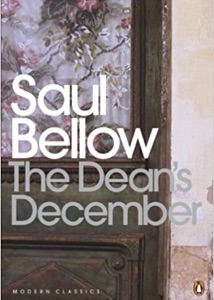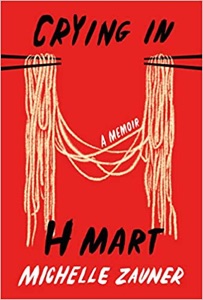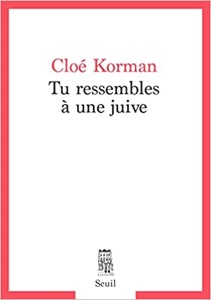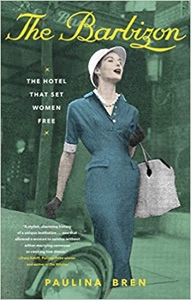This is a strange project: a 2020 novel, presumably partly autobiographical, about a young Broadway actress in the 1970s. This is a strange version of the 1970s — self-conscious about its lack of cell phones (though sometimes you have to be: not being able to call people whenever you wanted was a real problem!) but omitting Studio 54 and Elaine’s, Vietnam, AIDS, Stonewall, and the Women’s Movement.
The bulk of the book sets out to dramatize every Broadway clichém and does a fine job of it, only occasionally indulging in buckets of exposition. Perhaps because the author is not yet focused on romance, the protagonist, Nina Landau, is nicely drawn as a 1970s woman who is entirely comfortable in her body, a woman who had no need to read Erica Jong’s 1973 Fear Of Flying because her fucks are already zipless aside from the her boyfriends’ occasional hangups. People actually say, “Away we go!” Someone actually says, “the show must go on,” in a context where it’s a sensible thing to say. It’s that kind of movie.
For some reason, the book ends with a romantic coda involving a move to Los Angeles, marriage, and a shift in aspirations from Broadway to the Taper Forum. The marriage plot is unconvincing, as it hinges on our heroine’s paralyzing guilt about having been date-raped while doing a summer stock revival on the Cape and her suspicion that this constitutes infidelity. We say very little about what she cannot have missed: that the work is also something she loves, and if she’s completely devoted to her man she’s unfaithful to the work.
Her beloved, a Hollywood heartthrob and soap star, might have strayed once in the course of a separation of many months, and this, too, tears Nina apart. This might be true to the author’s experience, but I do think a Smith College graduate, Broadway star and lifetime New York girl might have reflected just a bit more on the sexual politics of the whole mess. But that’s beside the point. Fifty years have passed: what do we think of all that, now?
June 8, 2021 (permalink)







